Explore Western CPE
Whether it’s on-demand digital courses or live events at world-class resorts, expect to get more from your CPE than ever before.
Tax Updates:
Get Ahead of Tax Season
Digital CPE Courses:
Build Your Skills Like a Pro

Live Learning Events:
Enhance your CPE Experience
CPE For Business:
Tailor Training for Your Team
-
 Taxes
Taxes
2024 California Federal Tax Update (Complete Edition)
 Webcast
Credits: 20 $784.00
Webcast
Credits: 20 $784.00$784.00Original price was: $784.00.$509.00Current price is: $509.00. -
 Taxes
Taxes
2024 Federal Tax Update (Complete Edition) + FlexCast
 Webcast
Credits: 16 $882.00
Webcast
Credits: 16 $882.00$882.00Original price was: $882.00.$683.00Current price is: $683.00. -
 Taxes
Taxes
Post-Election Tax Policy: Potential Shifts and Impacts
Russell W. Sullivan& Sharon Kreider, CPA Webcast
Credits: 2 $98.00
Webcast
Credits: 2 $98.00$98.00
-
 Taxes
Taxes
Don’t Flip Out, Tax Implications of House Flipping
A.J. Reynolds, EA Webcast
Credits: 2 $98.00
Webcast
Credits: 2 $98.00$98.00
-
 Taxes
Taxes
Navigating an IRS Tax Audit
Paul J. Winn CLU ChFC QAS Self-Study
Credits: 3 $87.00
QAS Self-Study
Credits: 3 $87.00$87.00 – $107.00
-
 Business Management & Organization
Business Management & Organization
The Entrepreneur’s Minefield
Bogdan Constantin& Sharon Kreider, CPA Webcast
Credits: 2 $98.00
Webcast
Credits: 2 $98.00$98.00
-
 Accounting
Accounting
SPACs, Crypto, and Other Hot Fraud Schemes
Jennifer F. Louis, CPA Webcast
Credits: 1 $49.00
Webcast
Credits: 1 $49.00$49.00
-
 Accounting
Accounting
Step by Step: Preparing for Your Peer Review
Jeff Sailor, CPA Webcast
Credits: 3 $147.00
Webcast
Credits: 3 $147.00$147.00
-
 Taxes
Taxes
The Ultimate Guide to Retirement Planning
Danny Santucci, JD QAS Self-Study
Credits: 32 $640.00
QAS Self-Study
Credits: 32 $640.00$640.00 – $680.00
1M+
Certificates Issued
900+
COURSES
3.5k+
Cpe Credits
20K+
Live attendees
SUPPORTED BY:




GROUP DISCOUNTS
Western CPE for Business
Western CPE for Business is a smarter strategy to drive real CPE transformation. Upskill your teams, improve retention and satisfaction, and get a real ROI on your continuing education.


Celebrating the life of
September 25, 1943 – May 14, 2024

In lieu of flowers, the family requests donations be made to the University of Montana Foundation and noted for the “Vern Hoven, CPA Endowed Accounting Scholarship”.
Checks should be mailed to The UM Foundation, PO Box 7159, Missoula, MT 59807-7159 or online at www.SupportUM.org and designate the gift to the “Vern Hoven, CPA Endowed Accounting Scholarship”.


